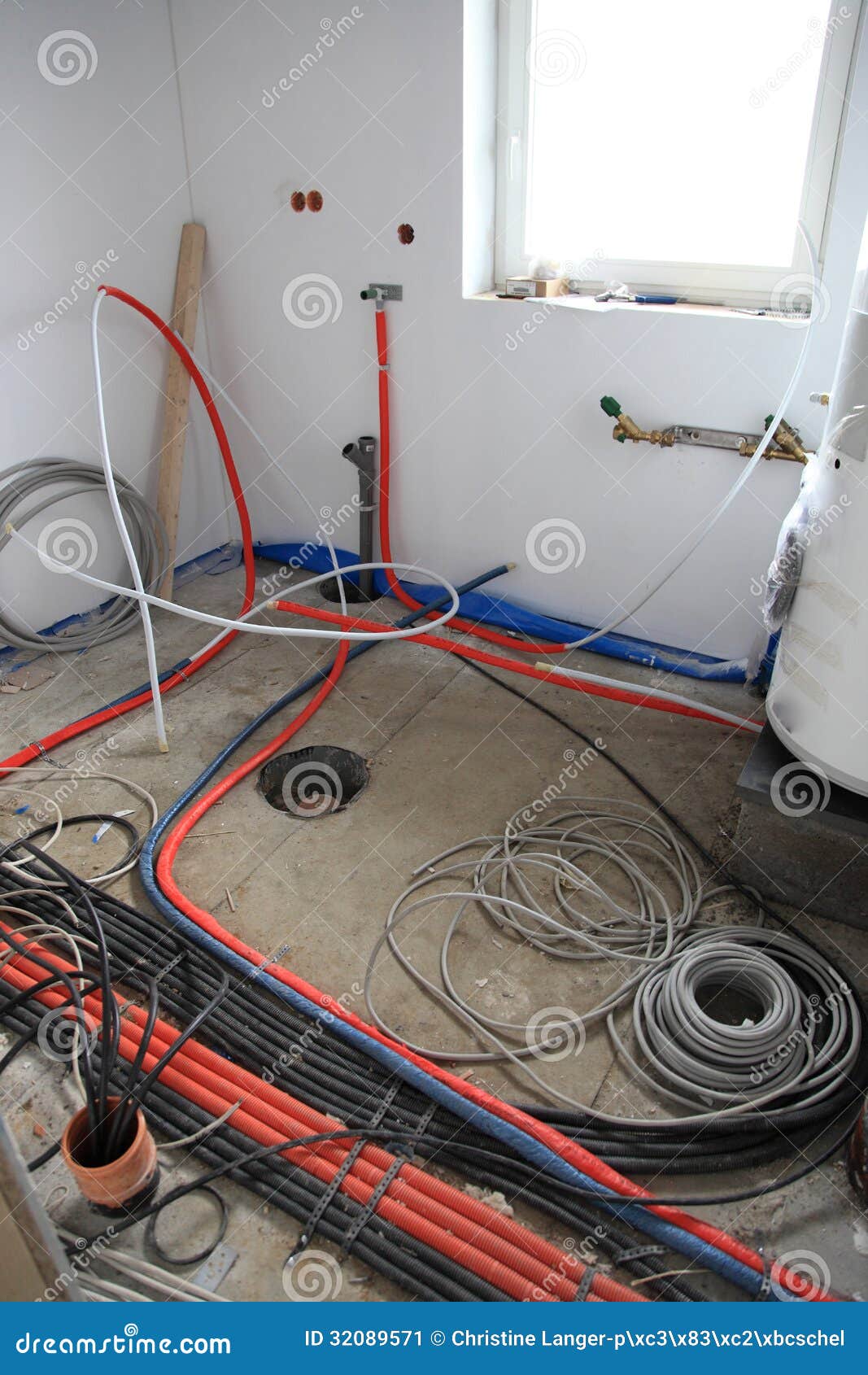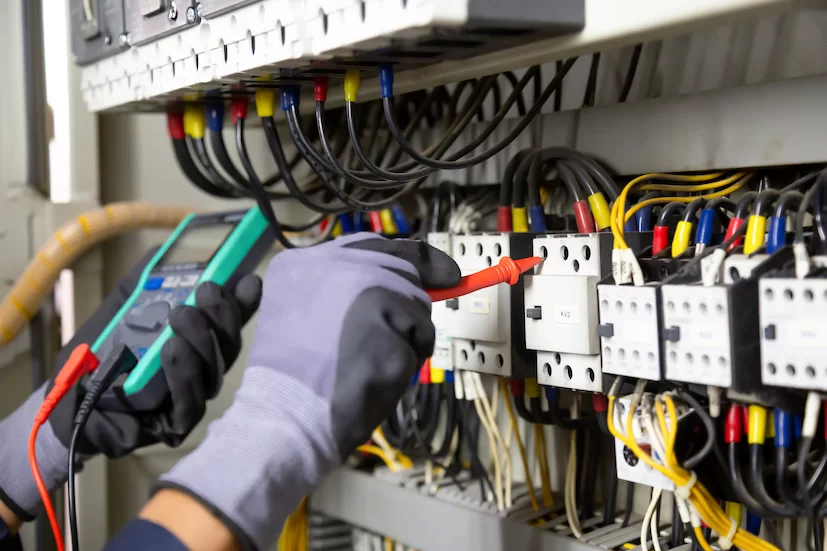Advanced BRE Automation Australia: Transforming Your Automation Needs
Debunking Electrical Setup: Recognizing Codes and Regulations for a Lawful and Safe Setup
In the realm of electric installation, adherence to codes and guidelines is paramount to ensure both legitimacy and safety and security. The intricacies surrounding electric work can be daunting, however familiarizing oneself with the well-known standards is essential to navigating this area with confidence. By recognizing the details of the National Electric Code and neighborhood building ordinance, individuals can guarantee that their installations fulfill needed precaution and remain in compliance with the regulation. Nevertheless, the journey to debunking electric setup exceeds plain experience with regulations; it demands a profound understanding of exactly how to implement risk-free electrical techniques properly.
Value of Electric Codes
The adherence to electric codes is important in ensuring the security and dependability of electric installations. Electrical codes offer as a collection of requirements and standards that determine the correct design, setup, and upkeep of electric systems. These codes are developed to minimize the danger of electric dangers, fires, and various other security problems that might arise from faulty electrical work.

Furthermore, electric codes are consistently updated to include brand-new technologies, ideal practices, and precaution. Remaining updated with these codes is crucial for experts in the electric industry to make certain that their work fulfills the most recent safety and security requirements. Inevitably, the significance of electric codes hinges on producing a protected and efficient electrical framework that benefits both individuals and areas.
Key Rules for Safety
A number of basic regulations regulate the safety and security criteria in electrical setups. One key policy is the National Electric Code (NEC), which provides guidelines for risk-free electric layout, installation, and assessment to shield people and building from electric hazards. The NEC covers elements such as electrical wiring approaches, grounding, overcurrent protection, and equipment setup to make sure a secure electric system.
Another essential guideline my sources is the Occupational Safety And Security and Health And Wellness Administration (OSHA) requirements, which concentrate on the safety and security of employees associated with electrical installations (BRE Services). OSHA regulations include demands for appropriate training, security procedures, and personal protective equipment to stop work environment mishaps and injuries
Moreover, the International Electrotechnical Compensation (IEC) requirements aim to integrate electric setup policies on a global range. These requirements address issues like electric tools safety, electro-magnetic compatibility, and energy official site efficiency to promote uniformity and safety and security in electrical installments worldwide.
Compliance with these vital guidelines is necessary to make sure the security and legitimacy of electric setups, safeguarding both people and home from the threats connected with power.
Recognizing National Electric Code
Key policies such as the National Electrical Code (NEC) offer essential standards for safe electric design, setup, and inspection to make sure the protection of people and residential or commercial property from electric risks. The NEC, additionally called NFPA 70, is a thorough set of requirements for electric installations that are upgraded every 3 years. It is developed by the National Fire Security Organization (NFPA) and is widely embraced throughout the USA.
The NEC covers different facets of electrical work, consisting of circuitry methods, grounding, overcurrent security, and tools installment. It aims to secure individuals and residential or commercial property by resolving possible threats associated with electrical systems. Compliance with the NEC is normally enforced by local authorities having jurisdiction (AHJs), such as developing code authorities and assessors.
Understanding the NEC is important for electric service providers, designers, and assessors to ensure that get redirected here installations meet the required security demands. By sticking to the NEC standards, experts can aid protect against electric crashes and ensure the reliability of electrical systems in domestic, industrial, and industrial settings.

Conformity With Regional Building Regulations
Comprehending and sticking to local building codes is crucial for guaranteeing the safety and compliance of electric installments within a specific jurisdiction. These codes detail details needs for electrical installations, such as the type of electrical wiring to be made use of, positioning of outlets, grounding techniques, and lots capacities.
When it comes to electric installments, failure to comply with neighborhood building codes can result in serious effects. Non-compliant setups may posture safety and security hazards, increase the threat of electrical fires, and lead to costly penalties or legal concerns.
Making Sure Safe Electrical Practices
Practicing rigorous adherence to established security procedures is essential in the area of electric setups to minimize potential risks and make certain the wellness of individuals and buildings. Safety in electric job incorporates various facets, beginning with the correct training of workers entailed in setup, upkeep, and repair. By focusing on risk-free methods, electrical installations can work efficiently while reducing the probability of mishaps or damage.
Conclusion
To conclude, adherence to electric codes and laws is important for making certain the safety and security and legitimacy of electric installations. Comprehending the National Electric Code and conformity with neighborhood structure codes are important for a safe configuration. By adhering to these guidelines and practicing safe electric methods, individuals can protect against possible risks and ensure the appropriate functioning of their electric systems.